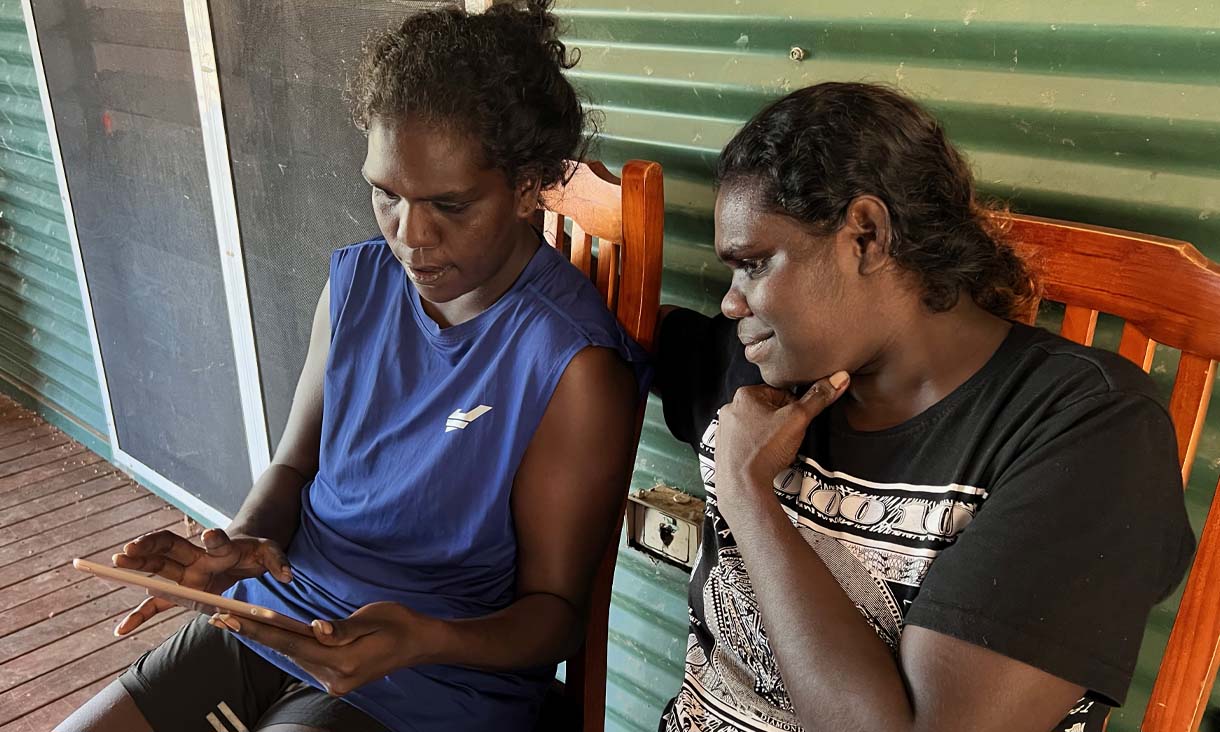The researcher said that a safe, secure and adequate home and neighbourhood will bring Ukrainians back – and underpin the country’s economic recovery.
“The recovery plan should not only rebuild units but also deliver better homes and neighbourhoods that are accessible to all, embrace the impact of climate change and bolster community solidarity” Lawson said.
Ukraine is already working towards a sustainable recovery, presenting the Reconstruction and Development Plan: Construction, urban planning, modernisation of cities and regions of Ukraine, at the Ukraine Recovery Conference in 2022.
This plan specifically mentions the need to build affordable housing under revised non-profit legislation via municipal housing companies.
Yet this requires political and donor will as well as focused technical assistance, according to the report’s authors.
Lawson, along with Gajda, believe that together with Ukrainian housing experts and the international community of housing professionals, a long-term solution that supports economic stability and social harmony can be achieved.
“There is an influential role to be played by strategic public investment from the Ukrainian government and multilateral-governmental banks such as the European Investment Bank (EIB), Council of Europe Development Bank (CEB), World Bank and the International Monetary Fund (IMF)," she said.
“Public interest stakeholders should invest in a legally defined and well-governed system of affordable housing provision drawing on best practices in Europe.
“Countries such as Austria, Finland and Denmark have well-defined and sustainable operating models, that grow attractive, comfortable and inclusive housing options.”
The researcher said that what's also vital to any recovery and an affordable housing system is a purposeful land policy, that integrates the promotion of affordable and energy efficient housing in urban plans and planning instruments.
“Good land policy ensures that affordable housing is developed as part of municipal strategy – as is the case in the cities of Vienna, Amsterdam and Helsinki,” Lawson said.
“We’re keen to ensure that international donors and public investment banks support Ukraine’s housing recovery through building a system of affordable housing provision, that builds on European best practice and sound urban policy.
“This is far preferable to sporadic deal-based Public Private Partnership (PPP) contracts without a systemic plan or institutions to sustain it.”
Lawson and Gajda will both be speakers at the Ukraine’s housing recovery forum on 15 February, hosted by the Dutch government’s National Environmental Assessment Agency (PBL) in The Hague.
Registrations are now open to online and in-person participation.
In 2023 RMIT Europe is celebrating the significant milestone of its 10-year anniversary of operations in Barcelona. To learn about RMIT's history in Europe and keep up with the latest news and events, visit the #RMITEurope10 webpage and follow RMIT Europe on Twitter, LinkedIn and Instagram.
Story: Karen Matthews








